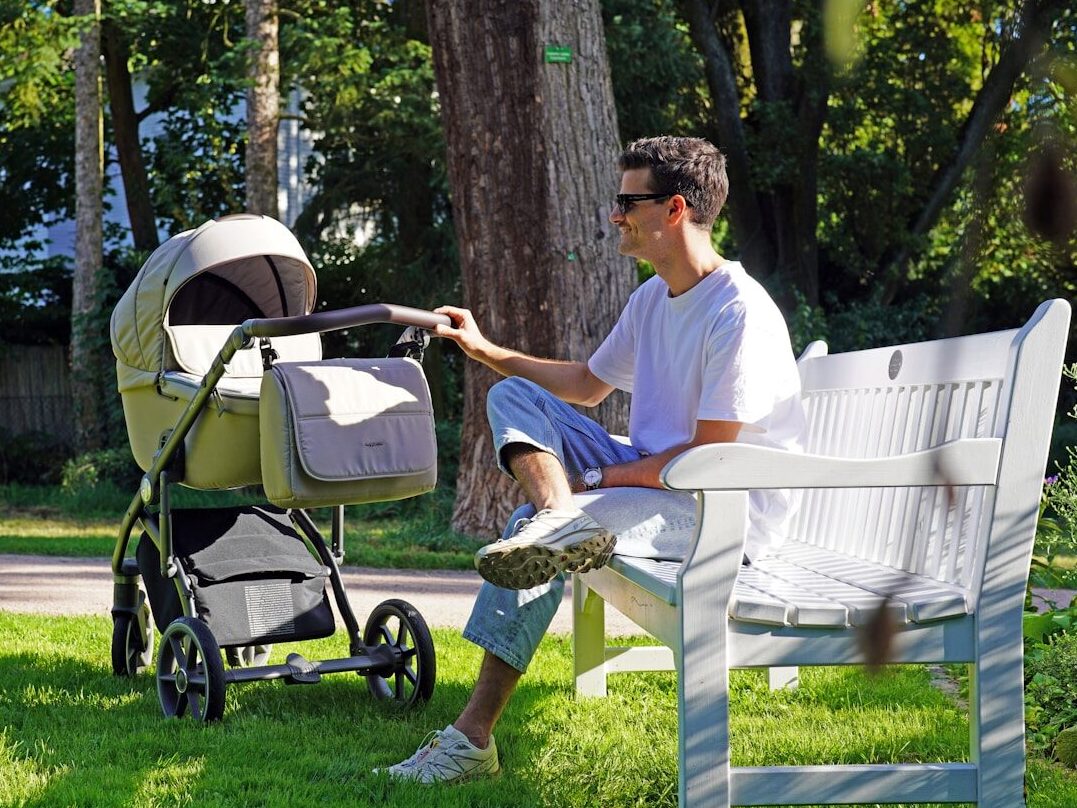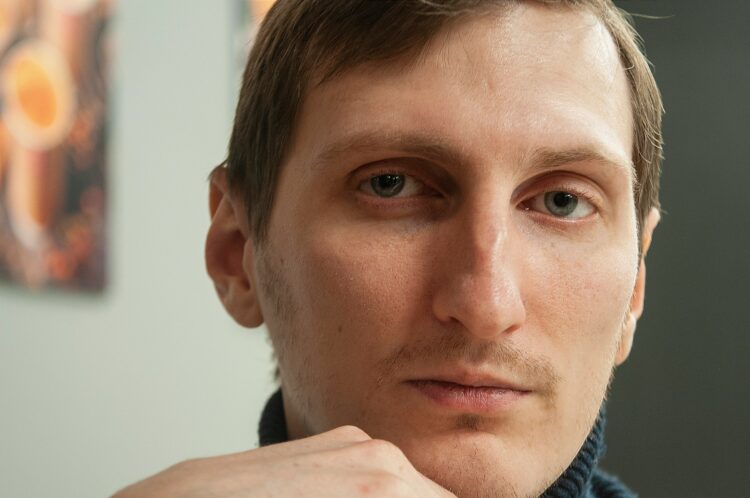
When a relationship starts to feel more like a co-parenting arrangement than a partnership, it’s easy to sense something’s shifted. Some men won’t leave outright because they love their kids too much to walk away. But their actions often reveal the emotional distance between you. If you’ve been wondering whether he’s truly in it for you, or just for the children, these signs might confirm what your gut’s already been whispering.
He’s emotionally unavailable.

He still shows up physically, but his emotional presence is gone. Conversations feel hollow, like he’s just checking in rather than connecting. He doesn’t ask how your day was or notice when you’re upset. He might help with the kids, the chores, or family events, but there’s no warmth in your private moments. It’s like he’s switched to autopilot, and you’re just another passenger on the ride.
He avoids one-on-one time.

If he always finds a reason to involve the kids in every plan, it could be a way to dodge intimacy. Whether it’s family movie night or weekend outings, he rarely initiates couple-only time. The idea of being alone together doesn’t excite him. When you suggest a date night, he might shrug it off or say he’s too tired, but he lights up for family activities.
There’s no physical affection anymore.

Kisses are quick and perfunctory. Hugs feel forced or absent. And intimacy? That’s slowly become a distant memory. He may still show affection to the kids without hesitation, but you don’t get the same warmth. When physical touch disappears, it often reflects emotional withdrawal. If you can’t remember the last time you felt desired instead of tolerated, it’s worth looking at what’s changed, and why.
He communicates only about the kids.

Most of your conversations center on school schedules, doctor appointments, or weekend plans. Anything deeper gets sidestepped. He may seem perfectly engaged when talking about the children but tunes out when it’s just about you. Over time, it feels like you’re more of a co-manager than a partner, as if the only shared priority left is raising the kids.
He doesn’t invest in the relationship.

Relationships need effort, but he’s stopped putting any in. No more gestures, surprises, or attempts to work through issues. When something’s wrong, he brushes it off or stays silent. He doesn’t suggest counseling or try to reconnect. It’s not that he’s angry—he just seems indifferent. That indifference is often louder than any fight, signaling he’s checked out but sticking around for other reasons.
He seems happier when the kids are around.

Watch his demeanor. Does he come alive when the kids are in the room, then go cold the moment they leave? If his mood shifts noticeably based on their presence, that’s a red flag. He may be pouring all his energy into being a great dad while distancing himself as a husband. And if those happy moments vanish when it’s just the two of you, the contrast is hard to ignore.
He sleeps separately more often.

Maybe he’s “just tired,” or the kids needed him, or he fell asleep on the couch again. But the pattern is clear—he’s avoiding the shared bed. Separate sleeping arrangements become the new normal. Over time, the physical distance mirrors the emotional gap. It’s one thing to have the occasional rough night. It’s another when separate spaces start feeling more comfortable than closeness.
He no longer makes future plans with you.

He’ll talk about the kids’ college funds or their upcoming summer camps, but rarely about anything involving the two of you. Vacations, anniversaries, long-term goals—those subjects never come up. If he avoids imagining a future that includes you, he may already have emotionally checked out. He’s thinking like a father, not a partner, and those visions don’t seem to include both roles anymore.
Arguments feel one-sided.

When problems come up, you’re the only one trying to fix things. He may shut down, go silent, or act like it’s not worth discussing. He doesn’t argue because he cares; he avoids arguments because he’s detached. If you feel like you’re fighting for a relationship he’s no longer in, that imbalance can be telling. He’s staying physically, but the emotional fight is over for him.
He spends more time outside the home.

He picks up more work, volunteers for errands, or finds other ways to stay busy outside the house. It’s not always obvious avoidance, but over time, you notice how little he’s around when the kids aren’t. The home no longer feels like a space he wants to invest in emotionally. He might not be leaving in the legal sense, but he’s already created distance by how he spends his time.
He shows no jealousy or concern.

When someone flirts with you or you bring up another man’s compliment, he barely reacts. He doesn’t ask follow-up questions or express any emotion. It’s not trust—it’s detachment. A healthy partner cares, even if they’re secure. If he’s completely indifferent to attention you get from others, it could be a sign that his emotional connection to you has faded and only the parenting bond remains.
You no longer feel like a team.

In a strong relationship, there’s a sense of unity, even in disagreement. But when it feels like you’re each living parallel lives with only the kids as the shared link, that teamwork is missing. He might still fulfill his parenting duties, but decisions about life, money, or family lack collaboration. You feel like two separate people just trying to hold it together for the sake of the kids.
He doesn’t ask about your life.

If he never checks in on your day, your job, or how you’re feeling, it’s a strong signal. A man who cares makes space for your inner world. But when someone’s just going through the motions, they stop asking. They don’t mean to be cold. It’s just that your experience no longer matters to them in the same way. You start feeling invisible, even when you’re sitting right next to him.
He’s overly focused on being a “good dad”.

It’s wonderful when a man prioritizes his kids—but sometimes that focus becomes a shield. He might lean into his fatherly duties as a way to justify staying even while ignoring the cracks in your relationship. He’ll insist the kids come first in every decision, subtly implying that your needs come last. It’s a noble mask, but it often hides the reality that the marriage no longer fulfills him.
You feel it in your gut.

Sometimes the hardest part is admitting what you already know. Even if he’s doing all the “right” things on the surface, something just feels off. You notice how his eyes don’t light up when you walk in, how quiet the room feels when the kids leave. When you strip away the family routine, there’s no real connection left. That ache in your chest isn’t paranoia. It’s truth trying to surface.

